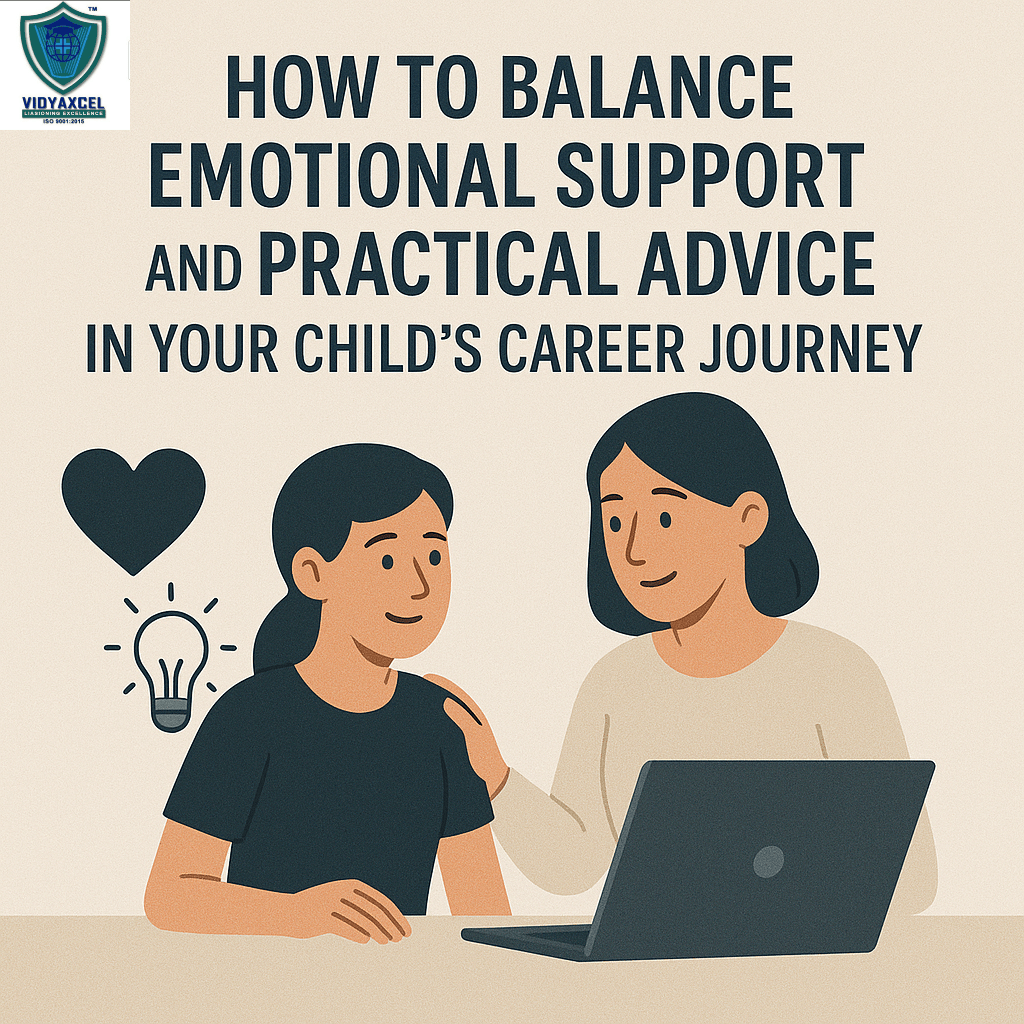Blog Details

02Nov
The Role of Emotional Intelligence in Career Success: Building EQ in Kids
In today’s fast-paced, interconnected world, academic achievements alone no longer guarantee career success. Emotional Intelligence (EQ) — the ability to understand, manage, and effectively use emotions — has become equally, if not more, crucial in navigating both personal and professional relationships. For children, building EQ early can set the foundation for a successful career and a fulfilling life. Here’s why emotional intelligence matters in career success and how parents can nurture it in kids.
- Better Communication Skills:
In any workplace, clear and empathetic communication is essential. Individuals with high EQ are skilled at expressing themselves while also considering others' perspectives, a trait that promotes smoother interactions. - Improved Problem-Solving Abilities:
High EQ enables individuals to handle challenges and conflicts calmly and creatively. They’re less likely to react impulsively, and they’re more open to finding constructive solutions, an asset in any career. - Enhanced Leadership and Teamwork:
Leaders with high EQ are more likely to motivate their teams effectively, creating positive work environments. Even if they’re not in a leadership role, individuals with strong EQ are valuable team members, able to work well with others and bring out the best in their colleagues. - Resilience and Adaptability:
Emotionally intelligent people tend to be more resilient in the face of setbacks. They adapt to change more easily, making them capable of handling the constant shifts in today’s job market.
Building EQ in Kids: Practical Tips for Parents
- Encourage Open Discussions About Emotions
Regularly check in with your child about their feelings. This can be as simple as asking, “How did that make you feel?” Discussing emotions openly helps them become more aware of their own feelings and teaches them to respect others’ emotions as well. - Model Empathy in Everyday Situations
Show your child how to empathize with others by talking about others' feelings and situations. For example, if they see someone sad, ask them why they think the person might feel that way and what could be done to help. - Teach Problem-Solving with a Positive Approach
When your child faces a challenge or a conflict, guide them through finding a solution rather than solving it for them. Encourage them to think about various ways to address the problem, fostering patience and resilience. - Help Them Recognize and Label Their Emotions
Teach them words for different emotions like “frustrated,” “disappointed,” or “excited.” This vocabulary gives them the tools to express how they feel, which is key for effective communication. - Praise Effort Over Outcomes
Reinforcing effort, rather than focusing solely on results, builds perseverance. For instance, instead of saying, “Great job getting an A,” say, “I’m proud of how much effort you put into studying.” This approach helps kids learn to manage their expectations and not fear setbacks. - Use Storytelling to Build Perspective-Taking Skills
Reading books or telling stories where characters experience a range of emotions can spark discussions about empathy. Ask questions like, “How do you think the character felt?” and “What would you do in that situation?” - Promote Self-Regulation through Mindfulness Practices
Activities like deep breathing, meditation, or even just pausing to count to ten before reacting can help children learn to manage their emotions. These practices build patience and reduce impulsivity, skills that are beneficial in high-stress situations.
Long-Term Benefits of EQ for Kids’ Careers
By focusing on building EQ early, you’re giving your child a skill set that will serve them well in every stage of life. They’ll have an edge in the job market, not just because they’re competent but because they can relate to others, handle stress, and lead with empathy. In a world where AI and technology handle more tasks, these human skills are becoming increasingly valuable, making EQ a powerful predictor of career success.
Fostering emotional intelligence in children can be one of the most impactful things a parent can do for their future. By encouraging empathy, resilience, and self-regulation, you’re setting them on a path not only for career success but also for meaningful, healthy relationships and a fulfilling life.
FAQ’s
How is EQ different from IQ?
While IQ measures cognitive abilities like logic and reasoning, EQ focuses on understanding and managing emotions. Both are important for success, but EQ is increasingly recognized as crucial for effective communication, teamwork, and leadership, especially in a professional setting.
Why is EQ important for career success?
People with high EQ tend to excel in areas like communication, leadership, problem-solving, and adaptability. These skills make them more effective team members and leaders, helping them build positive workplace relationships and navigate challenges with resilience.
Can Emotional Intelligence be developed in children?
Yes, children can develop emotional intelligence with guidance and practice. Parents play a crucial role by modeling empathy, teaching emotion vocabulary, encouraging open discussions about feelings, and helping kids manage conflicts constructively.
What are some activities that can help kids build EQ?
Activities like storytelling, role-playing, and team-based games can help kids practice empathy and understand different perspectives. Mindfulness practices like deep breathing and reflective conversations about feelings also support EQ development.
How can parents model EQ for their children?
Parents can model EQ by openly discussing their own emotions, showing empathy towards others, practicing active listening, and demonstrating healthy ways to manage stress. Children learn EQ skills by observing and mirroring these behaviors.
Our Office: West Bengal, Maharashtra & Delhi.
For More Infomation about admission in Medical, Engineering, Management & Study in Overseas Details.
View Current Study Overseas, Medical, Engineering & Management Admission Details Video.





